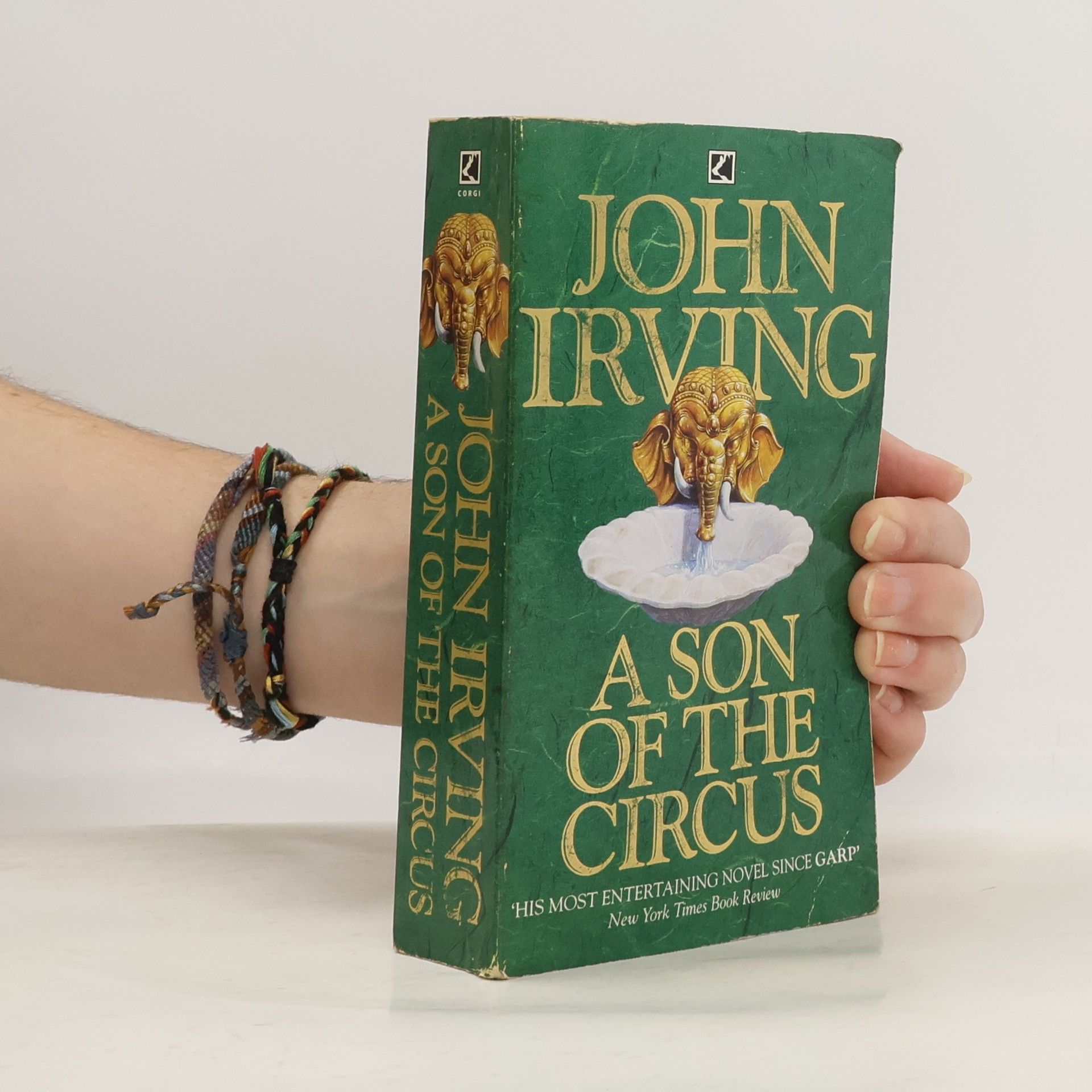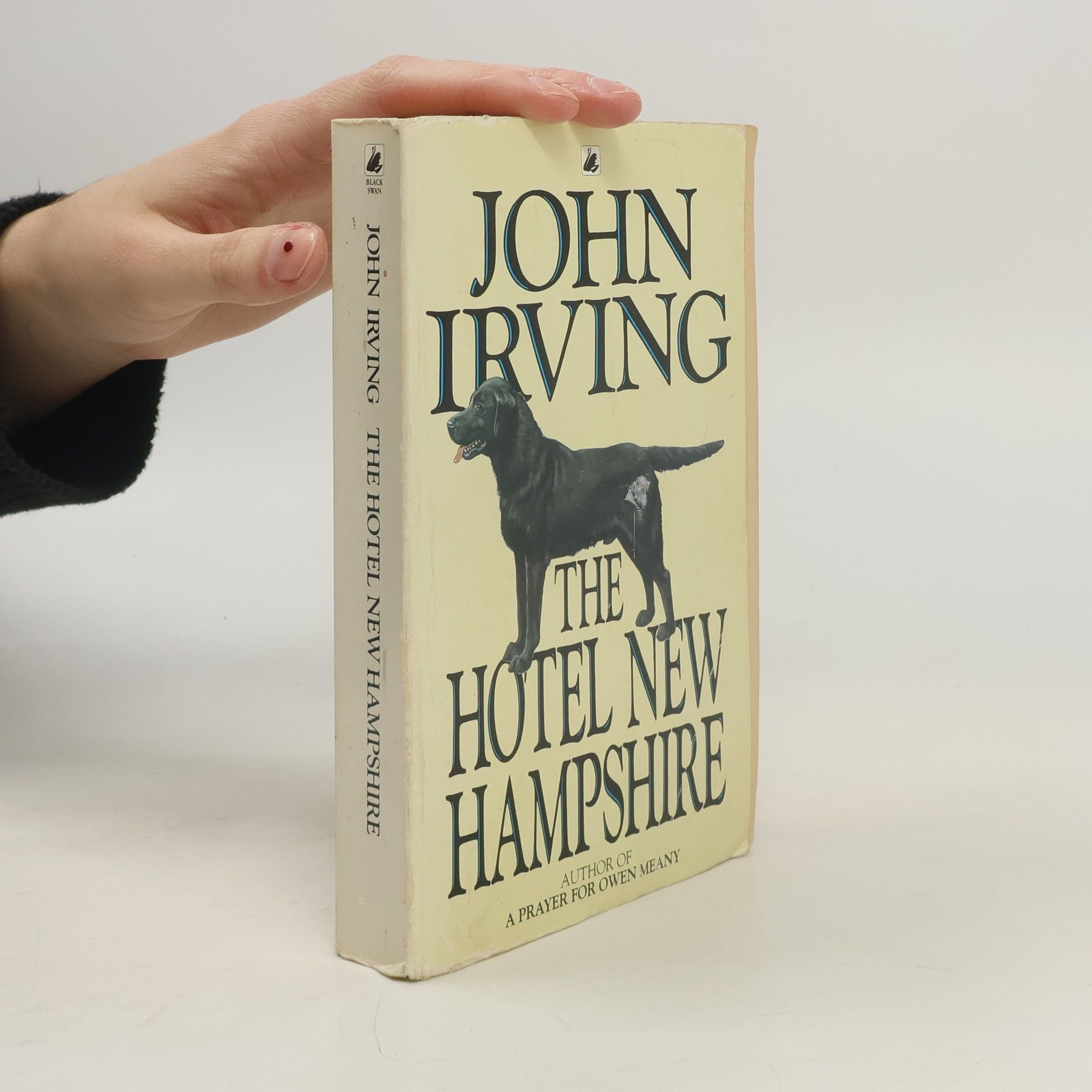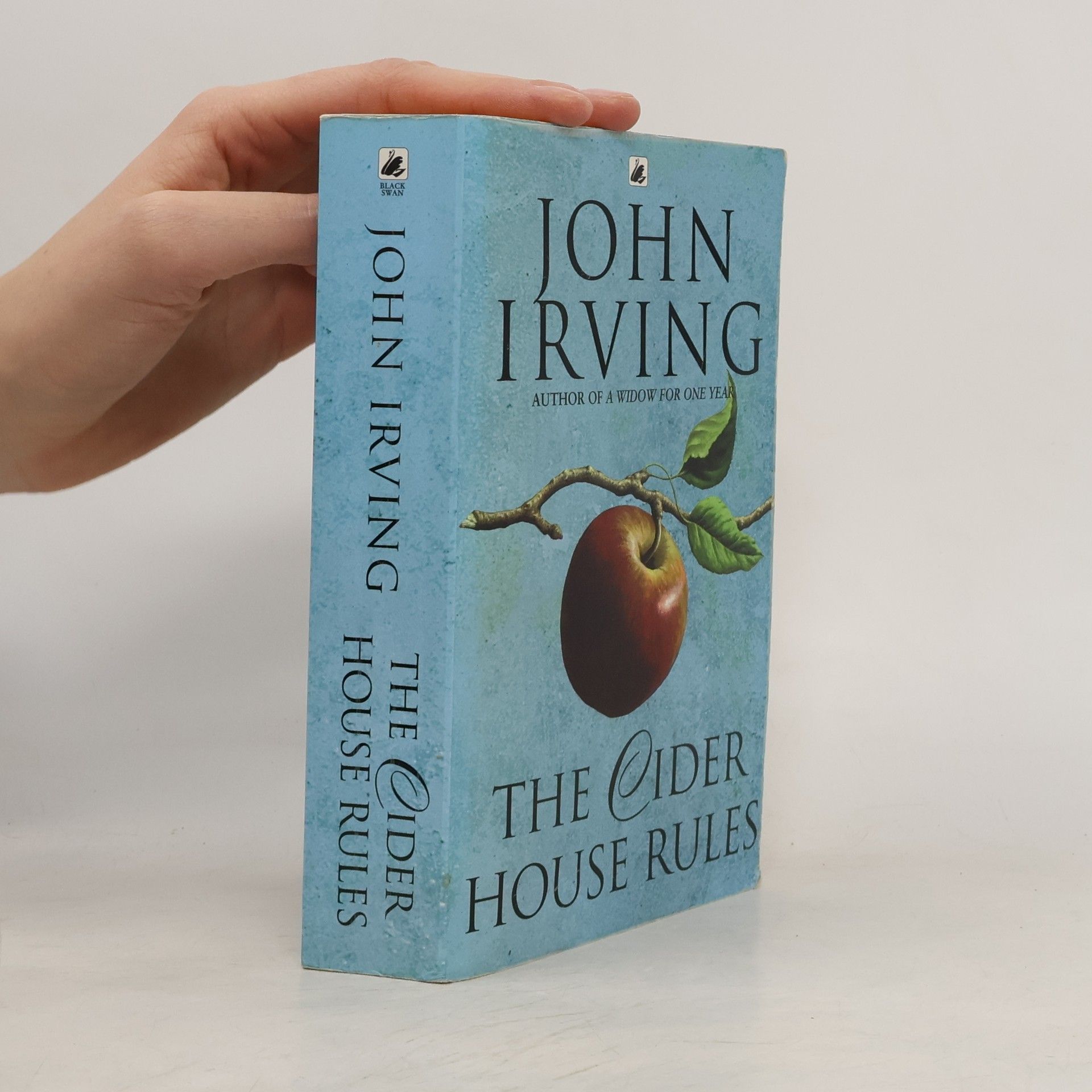Königin Esther
Roman
John Irving is a master storyteller, crafting sprawling, epic narratives that delve into themes of fate, coincidence, and complex family dynamics. His prose is celebrated for its rich texture, dark humor, and unexpected twists that immerse readers in worlds both bizarre and profoundly human. Irving expertly weaves disparate elements, such as wrestling motifs and tragic events, into cohesive tales that explore human resilience in the face of life's unpredictability. His works possess a unique charm, examining deep questions of human existence through unforgettable characters and unconventional plots.







Roman
Opisując z pozoru nieprawdopodobne perypetie swoich niezapomnianych bohaterów, John Irving piętrzy i ujmuje w karykaturalnym skrócie problemy, lęki i zagrożenia obecne we współczesnym świecie. Z wyrozumiałością, choć w krzywym zwierciadle, ukazuje nasze – zwykle żałosne – próby zapanowania nad żywiołem, który nas przerasta: życiem. John Irving (ur. 1942) – jeden z najwybitniejszych amerykańskich pisarzy. Debiutował w 1968 roku powieścią „Uwolnić niedźwiedzie”. Jego czwarta książka, „Świat według Garpa”, przyniosła mu rozgłos na skalę światową, została też z sukcesem sfilmowana.
An LGBTQ-inclusive story about understanding your peers, your feelings, and yourself, The Wishing Flower is a love letter to longing, belonging, and longing to belong. Birdie finds comfort in nature and books, but more than anything she longs for connection, to be understood. At school, Birdie feels like an outsider. Quiet and shy, she prefers to read by herself, rather than jump rope or swing with the other kids. That all changes when Sunny, the new girl, comes along. Like Birdie, Sunny has a nature name. She also likes to read, and loves to rescue bugs. And when Sunny smiles at her, Birdie’s heart balloons like a parachute. From the acclaimed author of Dance Like a Leaf, with stunning illustrations by Kip Alizadeh, this book will inspire readers to honor their wishes and show the world their truest selves.
One of the world's greatest novelists returns with his first novel in seven years - a ghost story, a love story, and a lifetime of sexual politics.
Surgically, but with wit Francesco Filippi demolishes each and every myth that has taken root about Mussolini and fascism in an uplifting handbook for political and intellectual self-defense. No stones are left unturned, including the colonial devastation of Libya and Ethiopia.
"As we grow older--most of all, in what we remember and what we dream--we live in the past. Sometimes, we live more vividly in the past than in the present. As an older man, Juan Diego will take a trip to the Philippines, but what travels with him are his dreams and memories; he is most alive in his childhood and early adolescence in Mexico. "An aura of fate had marked him," John Irving writes, of Juan Diego. "The chain of events, the links in our lives--what leads us where we're going, the courses we follow to our ends, what we don't see coming, and what we do--all this can be mysterious, or simply unseen, or even obvious." Avenue of Mysteries is the story of what happens to Juan Diego in the Philippines, where what happened to him in the past--in Mexico--collides with his future"--
As we grow older - most of all, in what we remember and what we dream - we live in the past. Sometimes, we live more vividly in the past than in the present. As an older man, Juan Diego will take a trip to the Philippines, but his dreams and memories will travel with him; he is most alive in his childhood and early adolescence in Mexico. 'An aura of fate had marked him,' John Irving writes. 'The chain of events, the links in our lives - what leads us where weâe(tm)re going, the courses we follow to our ends, what we donâe(tm)t see coming, and what we do - all this can be mysterious, or simply unseen, or even obvious.' Avenue of Mysteries is the story of what happens to Juan Diego in the Philippines, where what happened to him in the past - in Mexico - collides with his future.
Seven students are about to have their lives changed by one amazing teacher in this school story sequel filled with unique characters every reader can relate to. It’s the start of a new year at Snow Hill School, and seven students find themselves thrown together in Mr. Terupt’s fifth grade class. There’s . . . Jessica, the new girl, smart and perceptive, who’s having a hard time fitting in; Alexia, a bully, your friend one second, your enemy the next; Peter, class prankster and troublemaker; Luke, the brain; Danielle, who never stands up for herself; shy Anna, whose home situation makes her an outcast; and Jeffrey, who hates school. They don’t have much in common, and they’ve never gotten along. Not until a certain new teacher arrives and helps them to find strength inside themselves—and in each other. But when Mr. Terupt suffers a terrible accident, will his students be able to remember the lessons he taught them? Or will their lives go back to the way they were before—before fifth grade and before Mr. Terupt? Find out what happens in sixth and seventh grades in Mr. Terupt Falls Again and Saving Mr. Terupt. And don't miss the conclusion to the series, Goodbye, Mr. Terupt, coming soon! "The characters are authentic and the short chapters are skillfully arranged to keep readers moving headlong toward the satisfying conclusion."--School Library Journal, Starred